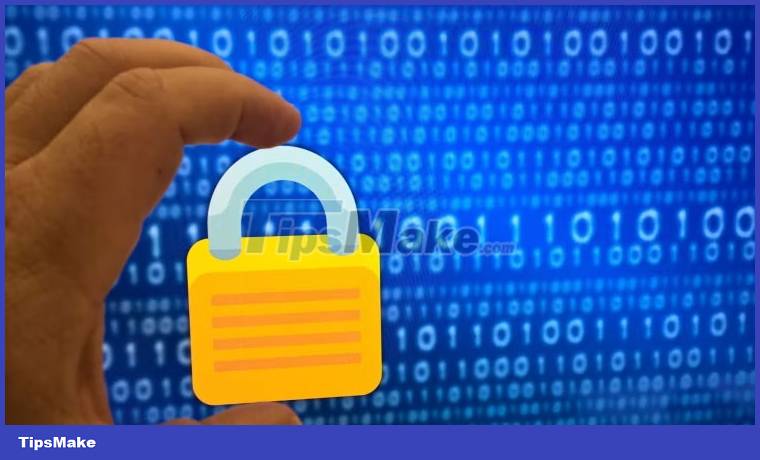Key differences between hardware VPN and software VPN
When it comes to VPNs, there are two main types: hardware VPNs and software VPNs. While both hardware and software VPNs provide the same basic functionality, there are some key differences between the two types of systems that you need to consider when choosing vpn software download which is right for you.
So how are hardware and software VPNs different?
What is a hardware VPN?
A hardware VPN, also known as a device-based virtual private network, is a physical device that acts as a gateway between two networks. It is typically deployed in enterprise environments and provides secure remote access to authorized users. The hardware VPN appliance encrypts user data traffic and encapsulates it in an IP tunnel to the external endpoint, where it is decrypted and sent to the destination.
Hardware VPNs offer a higher level of security than software-based options, because they are more resistant to malicious attacks from outside sources, as hardware is often isolated from any external network.
In addition, hardware VPNs often support features such as content filtering, advanced authentication policies, and Quality of Service (QoS) that are not available in software VPNs.
What is a software VPN?
A software VPN (or "soft VPN") is a virtual private network that uses software to create a secure connection between two or more devices over the internet. Unlike hardware VPNs, software VPNs do not require any physical hardware and can be deployed anywhere.
Software VPNs often use tunneling protocols like OpenVPN or IPSec to capture user data traffic and send that data over the Internet securely. Additionally, they are often more cost-effective than hardware VPNs because of their minimal setup requirements and the absence of any hardware maintenance costs.
However, compared to similar hardware, software VPNs are less secure and often do not offer advanced features.
What is the main difference between hardware and software VPN?
Here are the core differences between hardware VPN and software VPN.
Features and benefits
Hardware VPNs tend to offer more features and benefits than software VPNs. This is due to their specialized nature, as they can offer a level of customization that software VPNs cannot. For example, a hardware VPN can provide high-level encryption protocols, simultaneous access to multiple networks, and better speeds.
Software VPNs, on the other hand, offer fewer features and benefits than hardware VPNs. This is because they work on the same platform as other apps and don't have dedicated encryption or access to multiple networks. Furthermore, software VPNs tend to be less secure and slower than hardware VPNs. However, some software VPNs come with additional features, such as firewalls and anti-malware protection.
Security

Hardware VPNs are generally considered more secure than software VPNs. They rely on physical devices that can provide dedicated connections, as well as hardware-level encryption. Software VPNs, on the other hand, are often considered less secure, due to the fact that their encryption protocols and connections can be vulnerable, since they operate on the same platform as other applications. .
However, there are still many reputable software VPN services that you can trust for security.
Price
Another big difference between hardware and software VPNs is the cost associated with them. Hardware VPNs are often more expensive than software VPNs because they require the purchase of a router or dedicated server, as well as additional equipment, such as cables and switches, to be usable. Software VPNs are cheaper because they use existing hardware and do not require the purchase of any additional equipment.
Ease of use
In terms of ease of use, hardware VPNs tend to be more complicated to configure than software VPNs. You need a lot of technical knowledge to properly configure a hardware VPN. Meanwhile, software VPNs are much easier to set up and use as they require little or no technical knowledge.
Flexibility
Flexibility is a key difference between the two types of VPNs. Hardware VPNs are less flexible because they are limited to the configuration of dedicated hardware. Software VPNs offer more flexibility because they can be used on a wide variety of devices and networks.
Speed

Data transfer speeds also vary considerably between hardware and software VPNs. In general, hardware VPNs are faster than software VPNs because they provide dedicated connections and encryption protocols that don't interfere with other applications. Software VPNs can be congested because they use shared resources.
Setup and maintenance
If you are looking for a VPN solution that is quick and easy to set up, a software VPN is the right solution. These VPNs can be quickly configured without requiring any additional hardware or technical knowledge. Hardware VPNs require more time and effort to be properly configured and maintained.
It's important to note that hardware VPNs require regular maintenance, such as firmware updates and security patches, to stay secure.
Ability of extension
When it comes to scalability, software VPNs clearly dominate. Software VPNs can be easily scaled up or down depending on need, without requiring the purchase of additional hardware. Hardware VPNs need dedicated resources that limit their scalability. If you want to include more devices or users in your VPN, you'll need to purchase additional hardware. It is important to consider your scalability requirements when deciding between the two solutions.
Should you use a hardware or software VPN?
The choice of hardware or software VPN depends on individual needs. Each option offers its own advantages and disadvantages. If you are an individual looking for a secure, fast and easy to set up solution, then a software VPN is the right choice. However, if you run a large organization and need a more reliable solution, consider setting up a hardware VPN.
In any case, it is important to weigh all of the options before making a final decision. Whichever VPN you choose, make sure you have a secure and reliable connection to keep your data safe. Choosing the right solution, you can be completely assured during use.